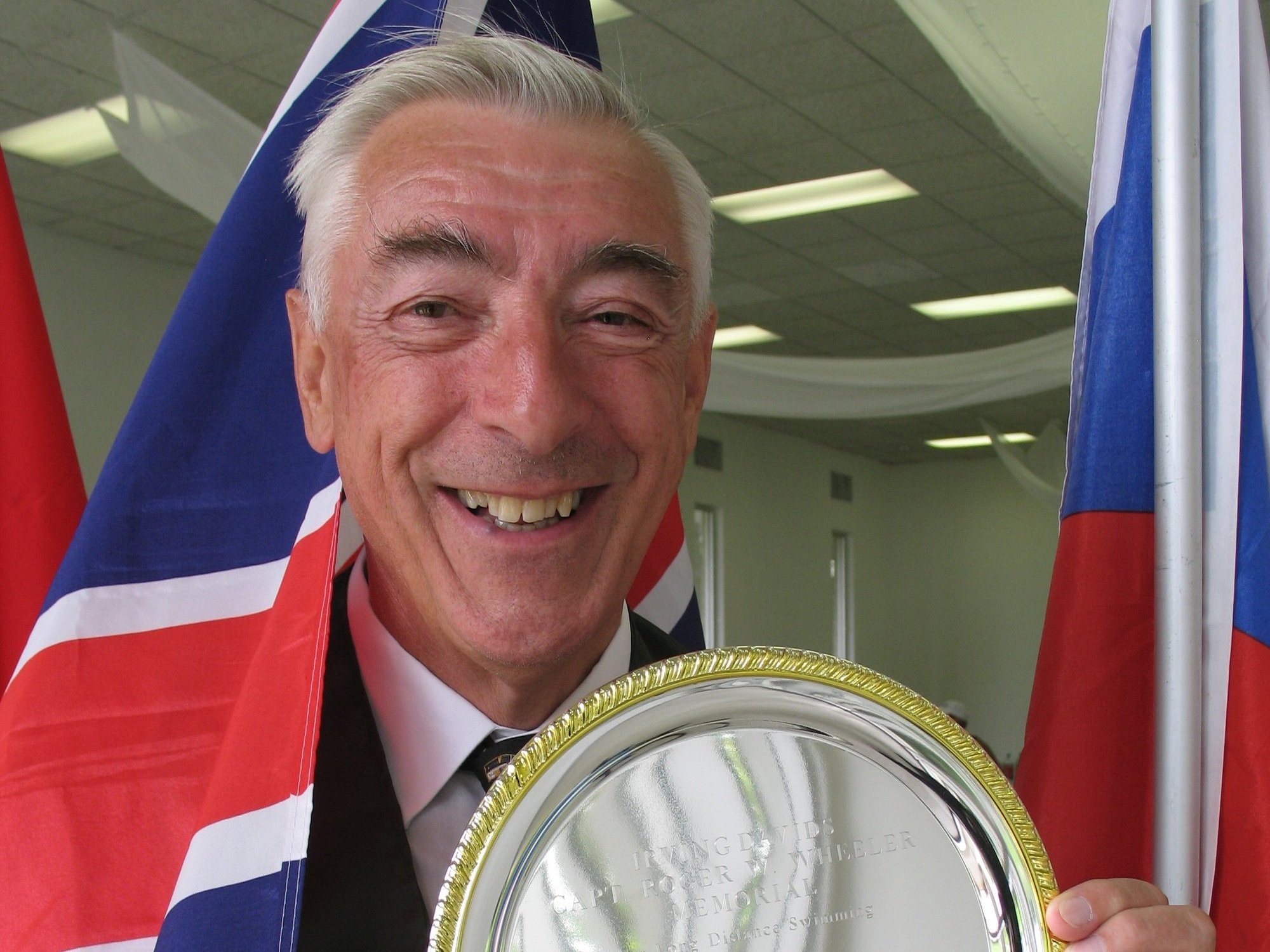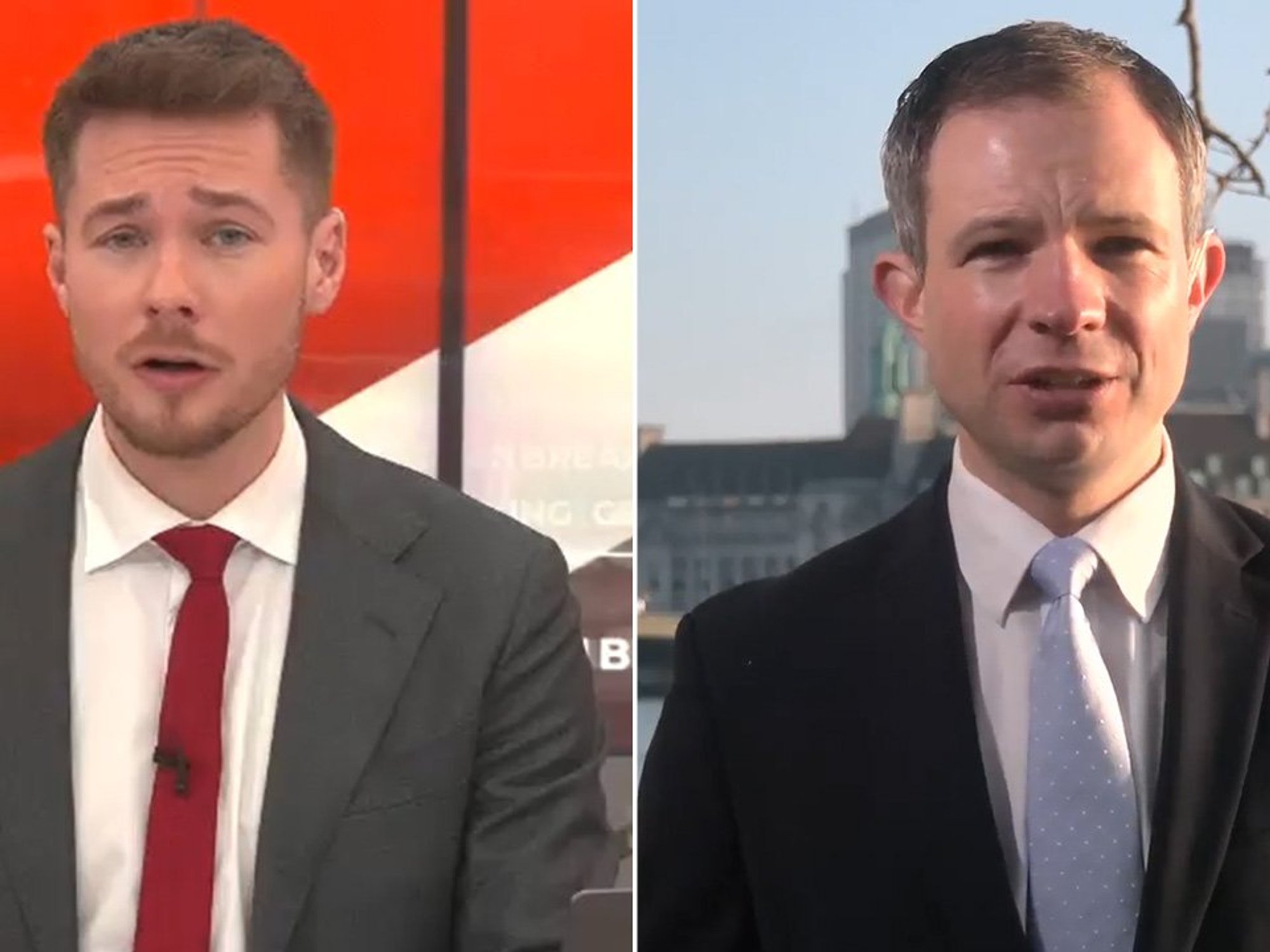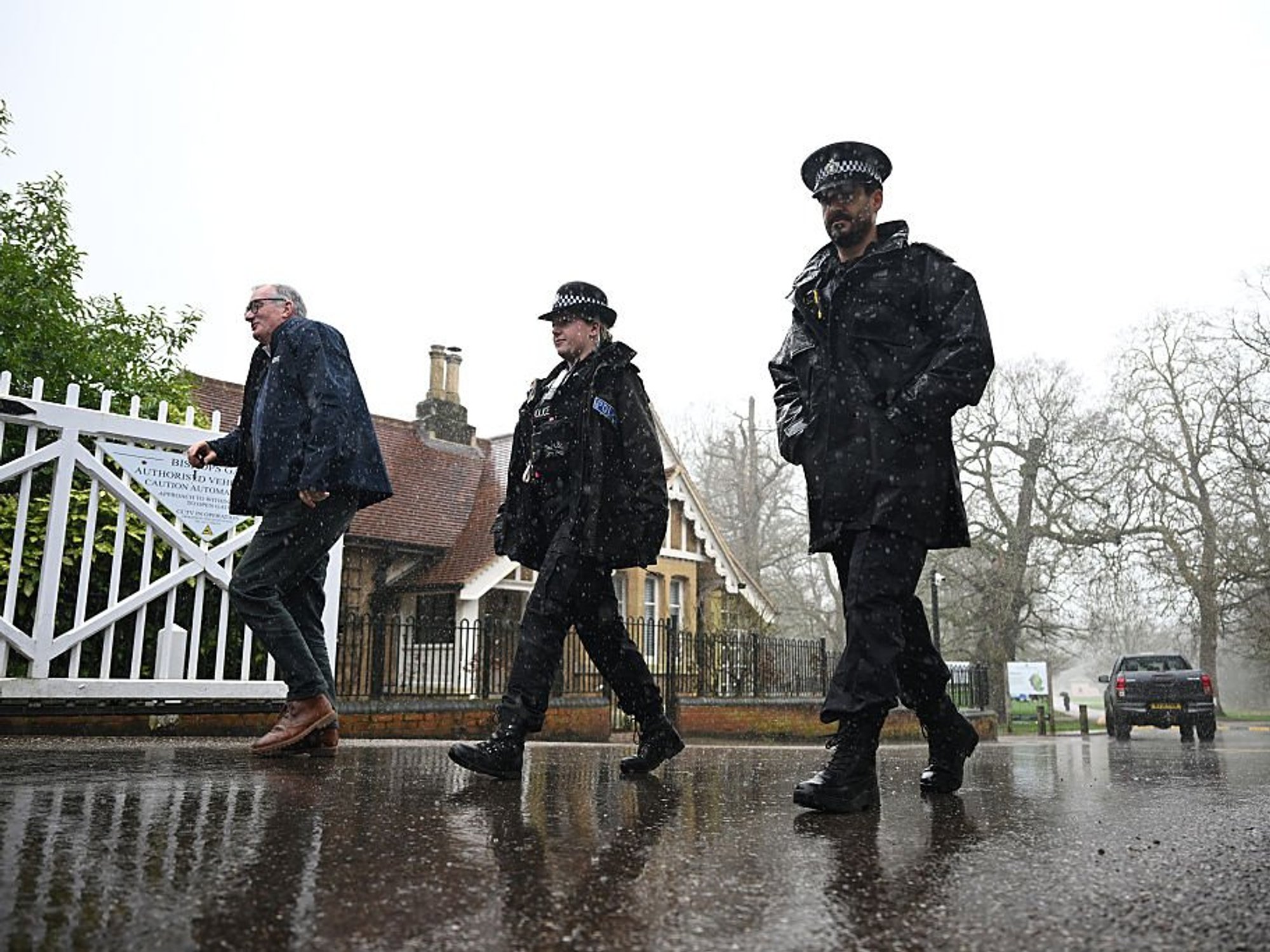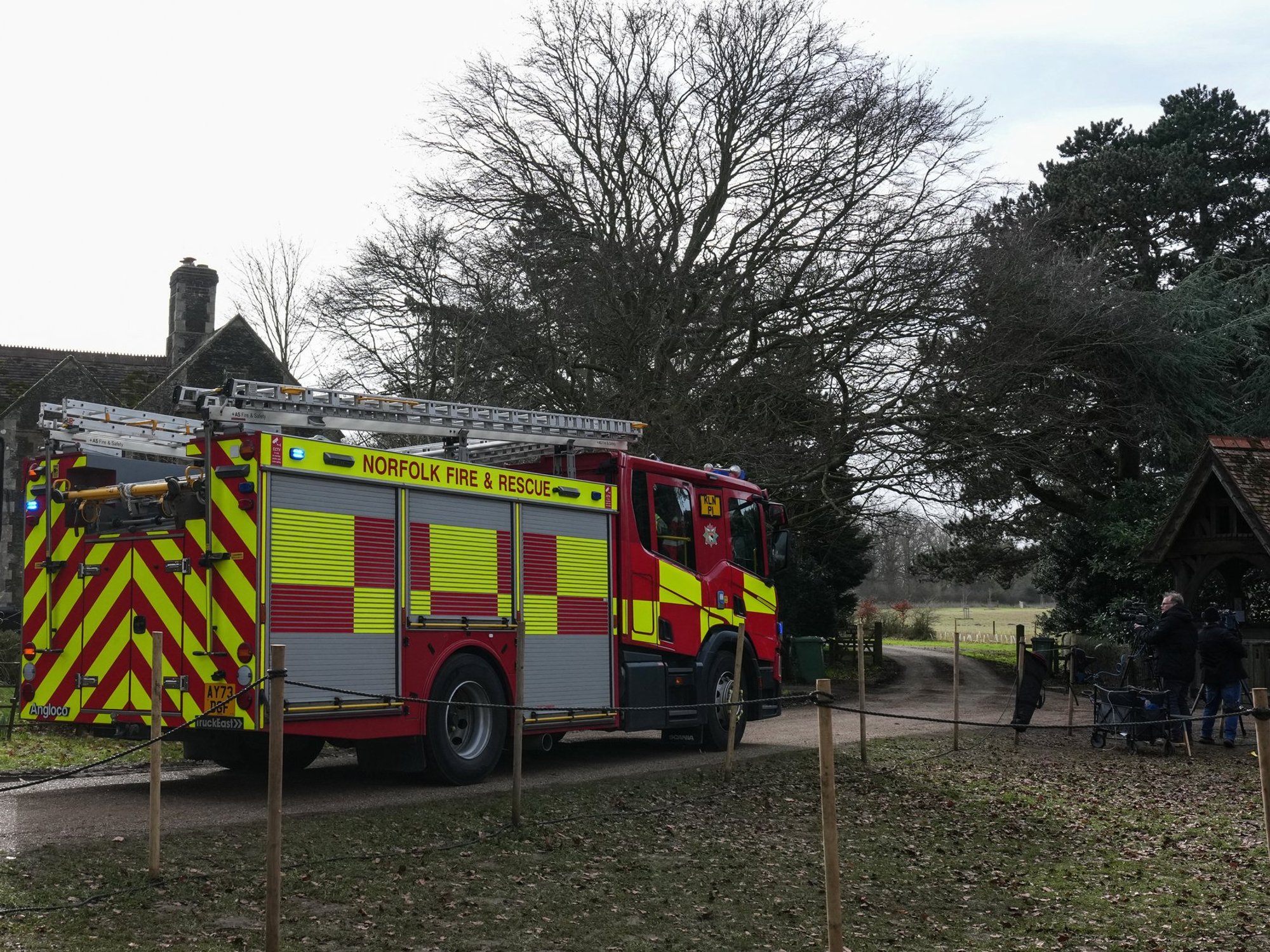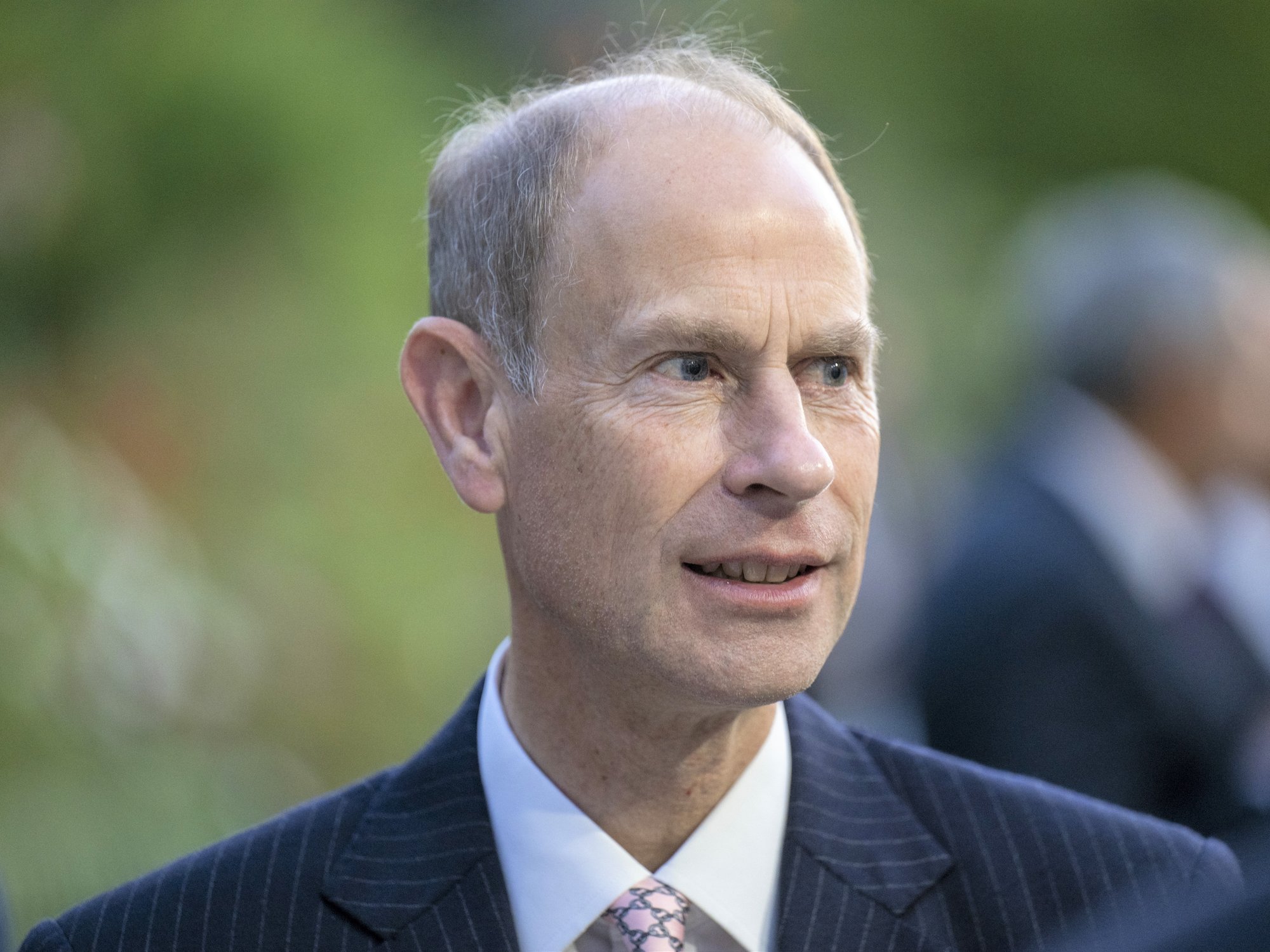Dartford Crossing price hikes lead to longer traffic delays for drivers - 'Another financial burden!'
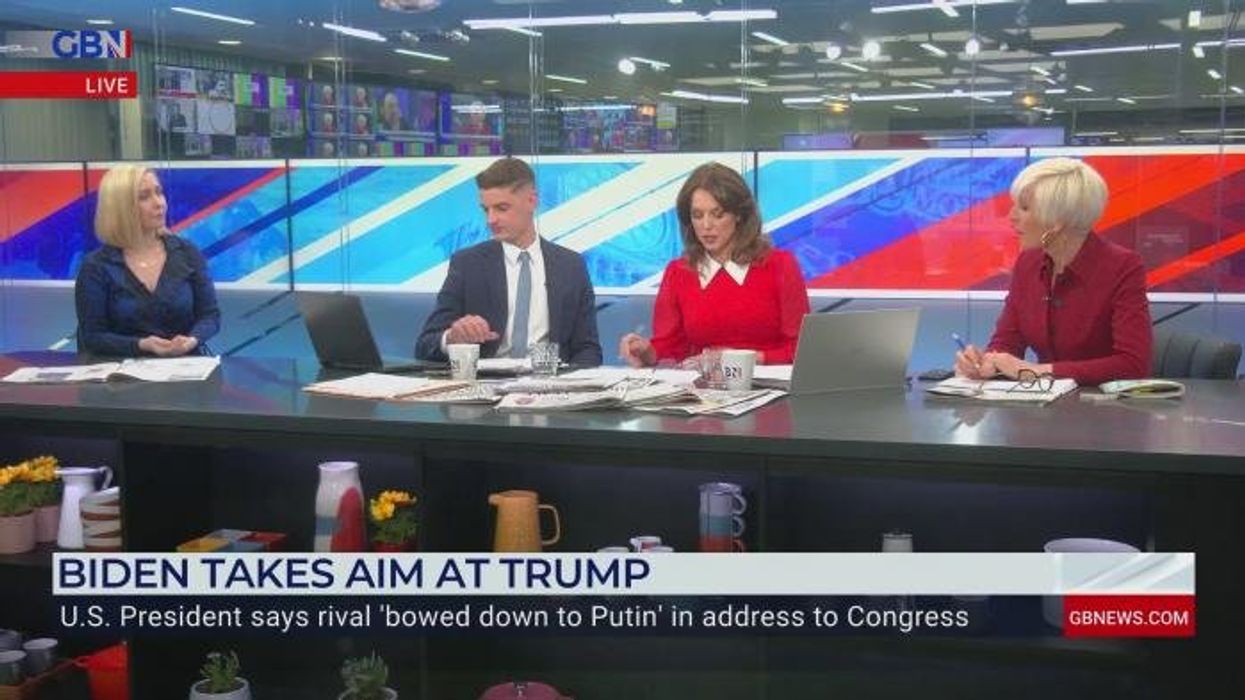
WATCH: 'Can't go any slower!' Bev Turner SLAMS 'war on motorists' as roads crumble and cars crawl to a HALT
|GB NEWS

Car owners now pay at least £2.80 to travel via the Dartford Crossing
Don't Miss
Most Read
New data has shown that drivers have not seen benefits at the Dartford Crossing, despite being forced to pay more to use the crucial road route.
Analysis of trips across the route between Kent and Essex found that September was the busiest and slowest month of the year for traffic.
This is despite drivers paying more for the Dart Charge since the start of the month, raising concerns from experts.
In June, the Department for Transport warned that it would be increasing chargers for car drivers using the Dartford Crossing from September 1.
TRENDING
Stories
Videos
Your Say
While the Government outlined "significant discounts" for local residents and account holders, motorists are still required to pay more.
When paying for a one-off journey, motorcycles, mopeds and quad bikes do not have to pay, while cars, motorhomes and minibuses with less than nine seats are charged £3.50, buses, coaches, vans and other goods vehicles are charged £4.20 and larger vehicles are charged £8.40.
All of these drivers will see discounts if they have a pre-pay account, with savings of between 70p and £1.20.
When announcing the new charges, Transport Minister Lilian Greenwood acknowledged that it would be "unwelcome news" for users of the crossing.
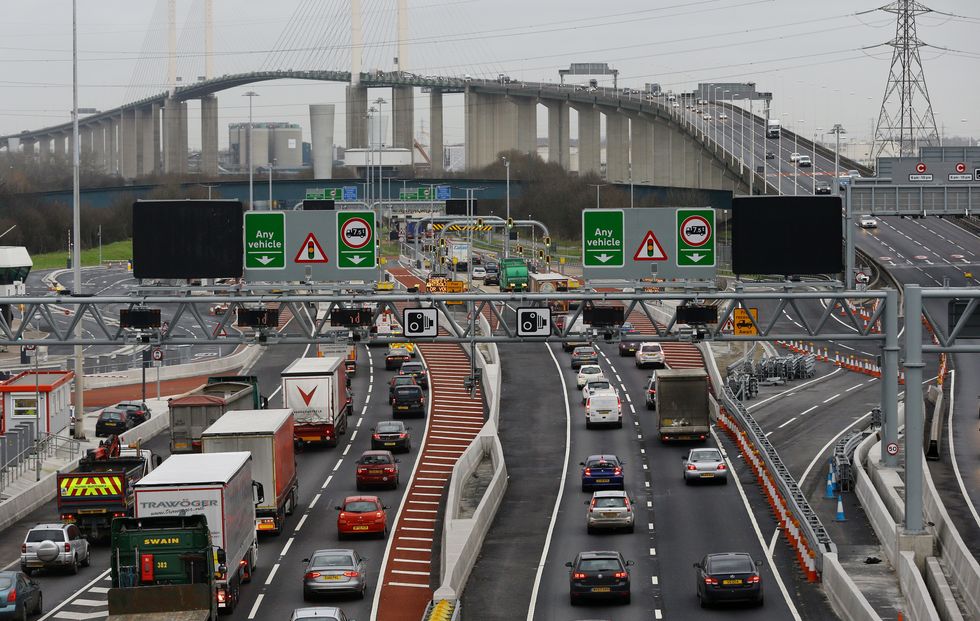
Delays on the Dartford Crossing have worsened since prices were hiked
| PAThe new research, from Geotab, shows that the first week of the new changes saw drivers delayed, with the first Thursday seeing journeys take over three minutes on average.
The average crossing time in September was 153.6 seconds, making it the slowest of the year. In comparison, March saw journeys take just 128.9 seconds.
By the end of the month, conditions eventually improved, with the final week having the fastest times in five months.
However, congestion on the Dartford Crossing remains worse than it was earlier in the year, the data showed.
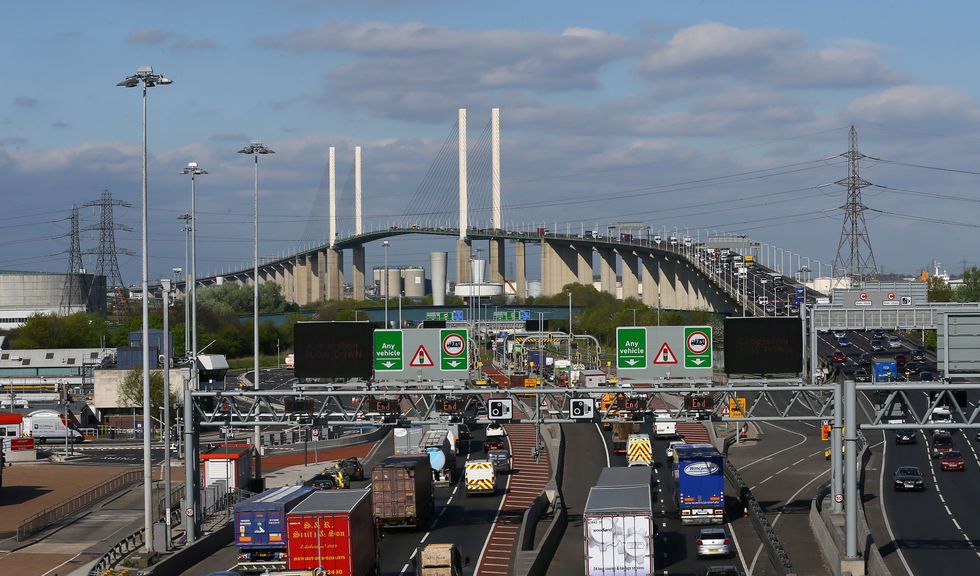 The Dartford Crossing increased its fees by 40 per cent on September 1 | PA
The Dartford Crossing increased its fees by 40 per cent on September 1 | PALATEST DEVELOPMENTS:
Abhinav Vasu, Associate Vice President of Solutions Engineering EMEA at Geotab, said: "The toll rise has had little to no effect on the number of vehicles using the Crossing. It simply amplified existing patterns, pushing more flexible trips into the night but leaving peak-hour congestion unchanged.
"Drivers are paying more but still queuing just as long and, in some cases, longer."
He noted that the Dartford Crossing is "unavoidable" for many commercial drivers and commuters, with the toll adding "another financial burden".
The analysis also showed that "harsh events", including sudden braking and sharp acceleration, were identical to June's pre-summer levels.
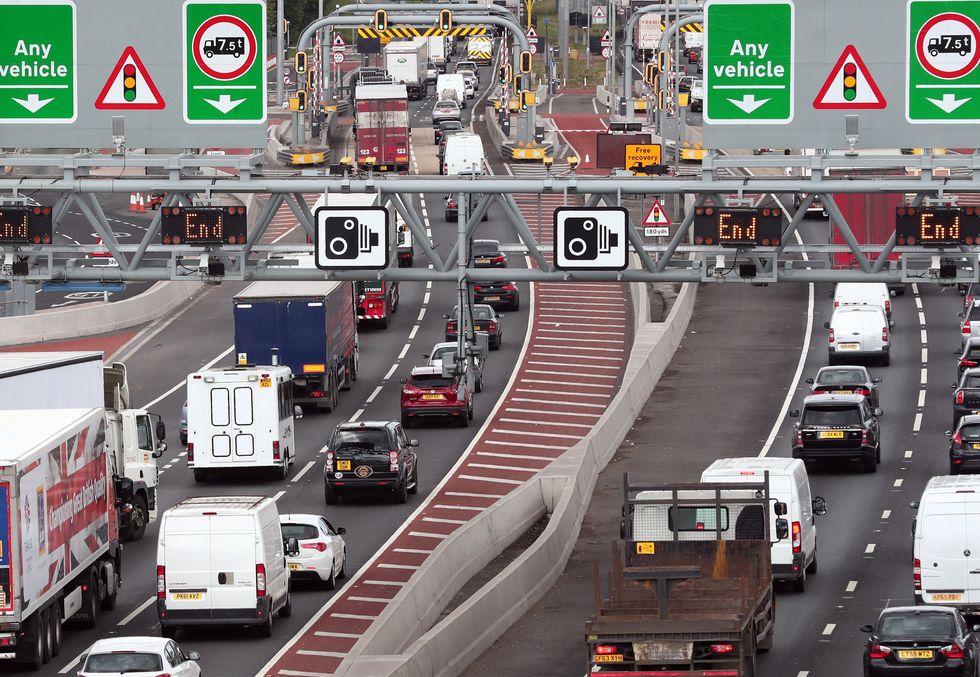 Drivers previously needed to pay at least £2.50 to use the Dartford Crossing | PA
Drivers previously needed to pay at least £2.50 to use the Dartford Crossing | PAIt found that the hard acceleration of vehicles was not as common, although instances of heavy braking remained high.
Mr Vasu suggested that this shows how motorists are still running into the same bottlenecks and facing congestion at the same choke points.
Demand for the Dartford Crossing has grown 7.5 per cent since the last price hike was introduced 11 years ago, with busy days seeing 180,000 drivers use the route.
The expert concluded: "The toll rise hasn't eased that pressure - it's simply added cost on top of congestion."






